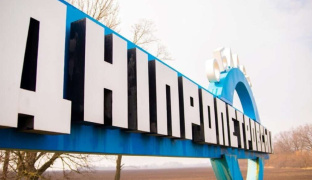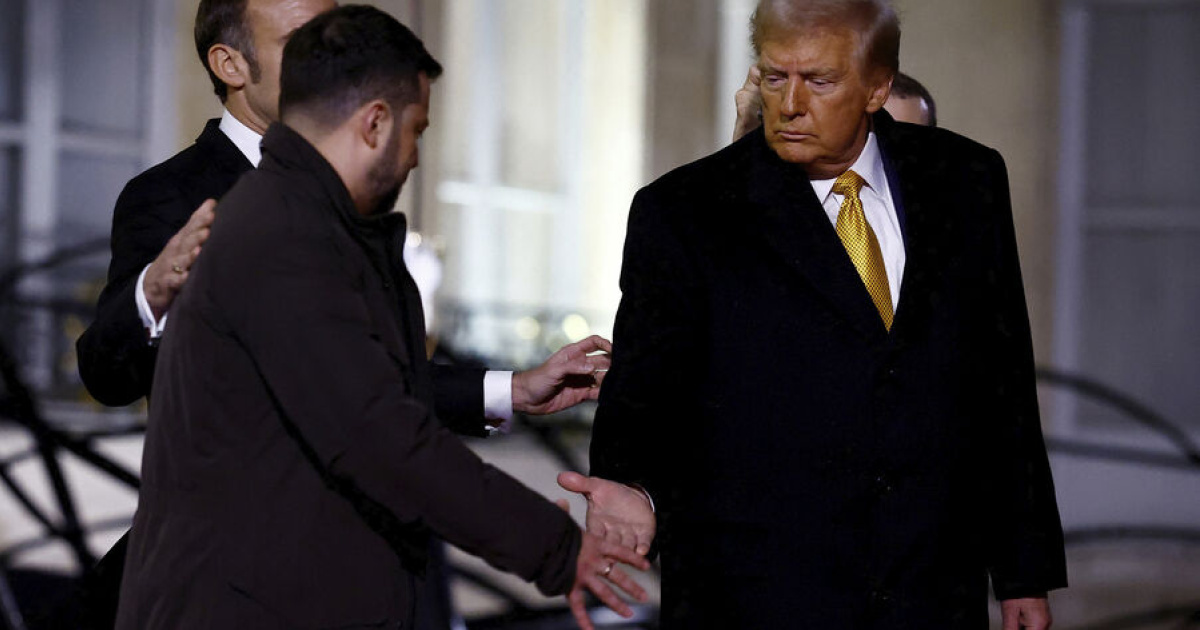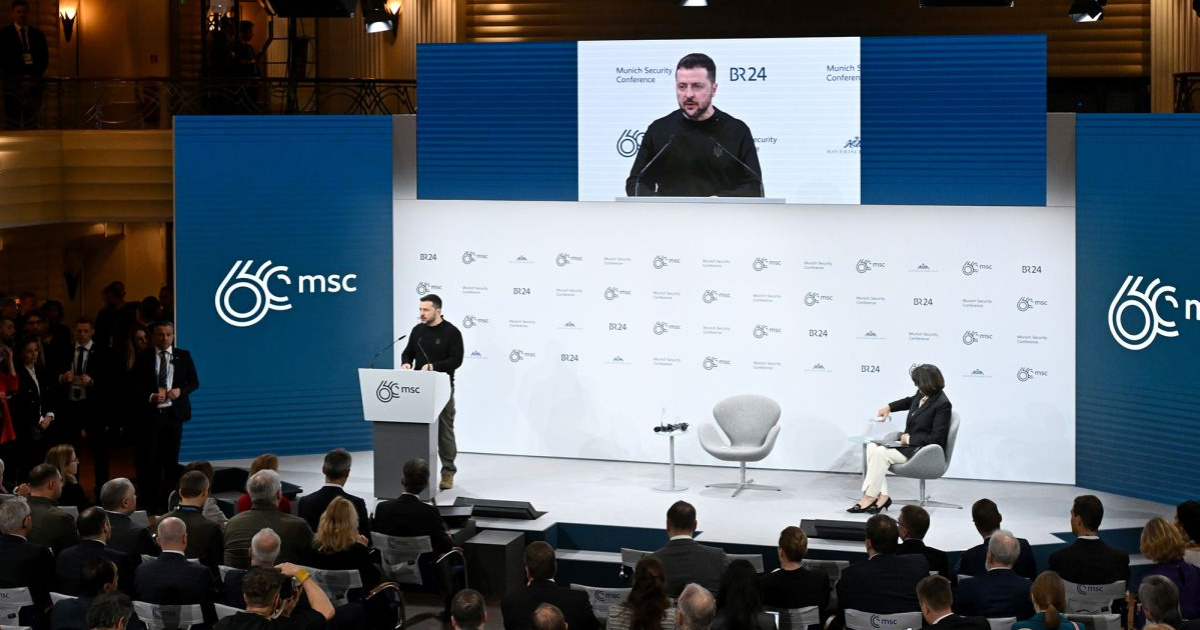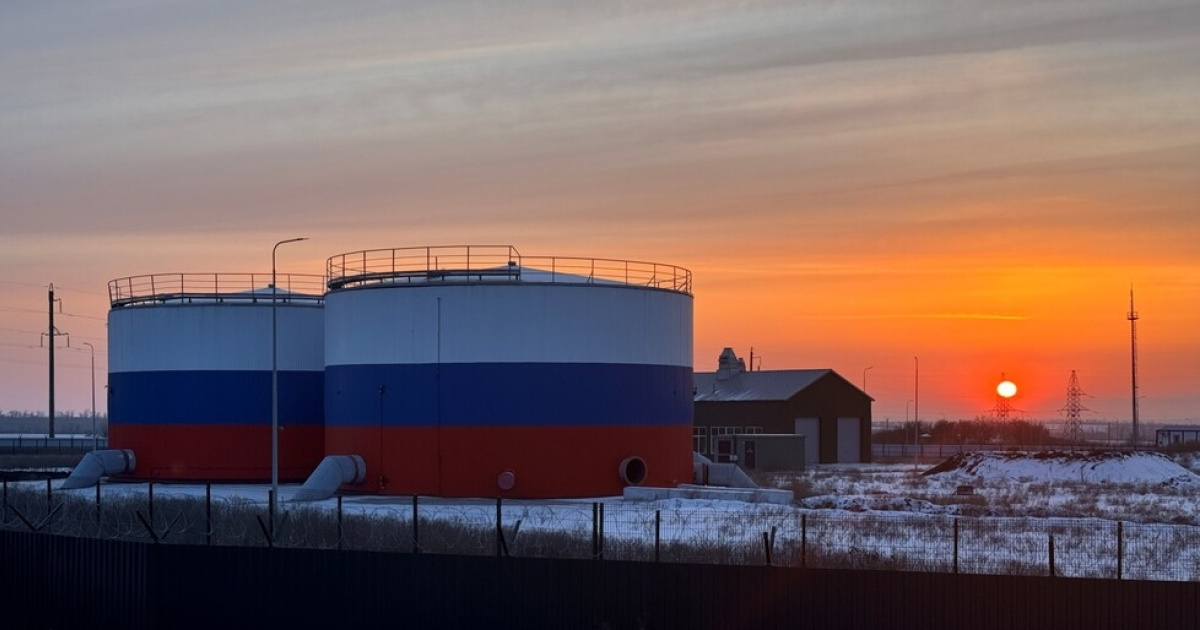After 14 years of litigation with the semi-state Ukrnafta company, Naftogaz of Ukraine unexpectedly decided to give up the rights to 4.062 billion m3 of natural gas – despite a number of previously passed court decisions in its favor.
Co-owners of the Privat financial industrial group Ihor Kolomoyskyi and Gennadiy Bogolyubov, who control about 43% of shares in Ukrnafta, benefit from the transaction.
This fraud scheme should be considered in the context of the next presidential election in Ukraine, which will be held in less than a month. Perhaps it was at that amount that two oligarchs estimated the winding down of Zelensky's political career…
Gas dispute
Ukrnafta is the largest oil producing company in Ukraine, in which the state owns 50%+1 share. At the end of 2018, its share in the total volume of Ukrainian oil production amounted to 92.6%.
Furthermore, along with the exploitation of oil wells, natural gas is also being emitted in small volumes. Therefore, the share of Ukrnafta in gas production is much more modest: 5.34% according to the data for 2018. But still this is quite a significant amount – especially in monetary terms.
Since 2003, Ukrnafta has actually been working in the interests of minority shareholders (that is, owning a smaller share): even under L.Kuchma they put their managers at the head of the company. Then they were able to maintain status quo with all subsequent presidents, including the current one.
Now about the essence of the conflict. As noted above, Ukraine has its own gas production, but the resource that it provides is not enough to fully meet the needs of the economy.
For example, in 2018, all state and private companies produced 21 billion m3, and consumption amounted to 32.3 billion m3. Therefore, the missing volumes have to be purchased abroad.
At the same time, against the background of the cost of imported gas, which in different years ranged from $215 to $450 per 1000/m3, the Ukrainian resource at a cost price is a pocket change: $40-150/1000 m3.
Earlier, it was stipulated that gas companies of state and mixed forms of ownership (where the state owns 50% or more of the statutory fund) are obliged to sell the received resource to the state represented by Naftogaz of Ukraine.
Which, in turn, sold gas to the population and heat power industry enterprises (that is, also for the needs of the population – heating multi-storey and municipal buildings, heating water) at "sparing" prices.
Imported gas was used for the industry, and enterprises bought it at the "free" price: that is, as agreed with Naftogaz or other suppliers.
The price for the population and heat was set by the National Energy Regulatory Commission (NERC). This model of the gas market operated in the 2000s and was consolidated by the relevant resolutions of the Cabinet of Ministers of Ukraine (CMU) and NERC.
However, this did not suit I.Kolomoyskyi and G.Bogolyubov: they wanted to sell the gas produced by Ukrnafta to the state at "free" prices.
That is, in order to sell the gas, which production cost $50/1000 m3, not at $40 +5% of fixed profitability established by the NERC decision, but at (at that time) $95/1000 m3.
The desire is quite understandable, if we look from the point of view of business of the period of "wild capitalism" of the 1990s. Still, in the mid-2000s, the situation was already a bit different.
Indeed, even for completely private companies, selling gas to the population at free commercial prices is legally questionable – since the Constitution of Ukraine clearly states that the Ukrainian people are owner of the Ukrainian subsoil.
It turns out that the oligarchs (owners of gas producing companies) use the resource belonging to the people for personal enrichment – and what do the people have from this? Nothing.
Such situation cannot be called normal. And as a kind of compromise, it was decided that state-owned companies and joint ventures with a controlling share of the state sell their resources to Naftogaz at cost price with a minimum markup.
As already noted, I.Kolomoyskyi did not agree with this decision. But the nuance is that gas is a rather specific product. It cannot gather dust somewhere on a shelf in the far corner of a semi-private company that does not want to play according to the established civilized rules.
Purely technologically, gas production is constructed in such a way that the resource extracted from a well has only one way: through pipes to an underground storage facility. Then, as needed, from there it will be lifted back into the pipe with the help of compressor stations and delivered to the consumer.
That is why 4.062 billion m3 produced by Ukrnafta in 2005-2006 were already at the disposal of Naftogaz – although the state-owned company controlled by I.Kolomoyskyi refused to sell this resource at a price approved by the NERC.
But physically, Naftogaz has already disposed of it, since all underground gas storage facilities are state-owned and operated by the state-owned Ukrtransgaz, which is part of the national gas association.
Therefore, Naftogaz just rewrote Ukrnafta's gas to its balance sheet, and made a payment to it on the basis of fixed price set by the NERC.
The management of Ukrnafta, consisting of I.Kolomoyskyi's managers, refused to accept this payment, demanding an amount taking into account the "free" price.
This is how a dispute arose between the two state-owned companies, which lasted until the present time, as many as 14 years. During this time, it has already managed to go through several rounds up to the Supreme Court of Ukraine.
Nevertheless, I.Kolomoyskyi continued to demand compensation for 4.062 billion m3 – calling it, in particular, one of the conditions for the repayment of Ukrnafta's tax debt to the state budget.
The debt began to develop in August 2014, when the state-owned company stopped paying rent for subsoil use – because the Cabinet of Ministers of Arseniy Yatsenyuk initiated a rent increase, what seemed unfair to I.Kolomoyskyi.
Ukrnafta's tax debt has already reached the record value of $801.4 million under the current Prime Minister Volodymyr Groysman. According to the latest relevant data of the State Fiscal Service of Ukraine, the amount has decreased to $540.5 million – but this value should be considered astronomical as well.
However, up to the present moment, the Cabinet of Ministers of Ukraine has not agreed to close this debt by paying compensation in favor of Ukrnafta for the gas previously withdrawn.
And this is quite logical: after all, thereafter it turns out that the minority shareholders pay off with the state (on tax arrears) with its own money.
They pay – the president wins?
But on February 25, it became known about the extraordinary meeting of Ukrnafta's shareholders, scheduled for March 28. It is planned to approve the contract with Naftogaz.
It provides for the purchase by Naftogaz of the disputed volume at the CIF parity of price – that is, at the "free" price. In January, Naftogaz imported gas at $317.95/1000 m3.
In this case, the payment in favor of Ukrnafta will amount to $1.272 billion. There is no doubt that the company's shareholders will approve the deal in a month – they have been trying to achieve this for many years.
There is also no doubt in Naftogaz's solvency: since 2014, gas has been sold to the population at the price of this CIF parity.
Receiving a resource obtained on the average at $100-110/1000 m3 from the state-owned Ukrgasvydobuvannya company, Naftogaz resells it to Ukrainians for $317/1000 m3 – and this is within the framework of the so-called "special obligations" for the heating season.
The rest of the time, gas costs the population even more. That is, under the current president, the same trick was realized under the guise of "gas reform", which I.Kolomoyskyi and G.Bogolyubov wanted to put into action in 2006 very much.
Only now everything is done through fully state-owned companies and on behalf of the state. In general, according to the lawlessness, if we use the wording popular among the "businessmen" themselves.
Hence, there is a fabulous growth of Naftogaz in the period of "reforms":
| 2013 | 2014 | 2015 | 2016 | 2017 | 2018 |
| 2.81 | 2.924 | 4.203 | 7.185 | 8.479 | 9.375* |
* according to financial plan, billion dollars.
Therefore, of course, Naftogaz now has money for settlements with Ukrnafta – and in fact, with its minority shareholders. This is the very money that had been "ripped off" from the Ukrainians by "switching to the market tariffs".
Obviously, since the issue has been submitted to the meeting of shareholders of Ukrnafta – the necessary coordination has already been received from the Cabinet of Ministers.
Since Naftogaz has no authority to make such decisions on its own. In turn, the activity of the CMU is controlled by the president, who has a representative there who participates in all meetings of the Cabinet of Ministers.
In addition, the current prime minister is appointed by the coalition quota of the Poroshenko Bloc. Therefore, I.Kolomoyskyi and V.Groysman could not agree among themselves without the head of state with all their desire.
Here we should recall the upcoming election. According to the opinion polls, P.Poroshenko is inferior to showman Volodymyr Zelensky, for whom the whole media empire of the Privat group works.
In this regard, it is logical to conclude that Naftogaz's consent to pay Ukrnafta compensation is a nod to I.Kolomoyskyi in the hope of achieving a voluntary withdrawal of the rating opponent.
It is also worth noting that this is not the only "goodwill gesture" on the part of the current government in relation to the Privat group.
For example, it became known on February 25 that the assets withdrawn by I.Kolomoyskyi from Privatbank in 2015-2016 have not yet begun to be searched for.
As Director of the National Agency for finding, tracing and management of assets derived from corruption and other crimes (Asset Recovery and Management Agency, or ARMA) Anton Yanchuk explained, his department can begin work in this direction only at the request of law enforcement agencies.
According to him, no such request was received by the ARMA. In this case we are talking about almost $6 billion – which the state in the person of the current leadership of the country for some reason is not in a hurry to look for. Despite the fact that the relevant criminal proceedings are in the PGOU and NABU.
In this context, one should also consider regular losses in the courts of the state administration of Privatbank and National Bank of Ukraine (NBU) to the group of I.Kolomoyskyi and G.Bogolyubov for their debts as former co-owners of the country's largest bank.
One of the latest examples of legal absurdity is the decision of the Economic Court of Kyiv dated December 18, 2018, which became known on February 5 of the current year.
The court decided to collect $924.4 thousand from the now state-owned Privatbank in favor of Akvatera associated with I.Kolomoyskyi.
It acted as guarantor for the refinancing loan received by Privatbank from the NBU under I.Kolomoyskyi. Therefore, in August 2017, the NBU demanded that Akvatera repay Privatbank's debt under a refinancing agreement in the amount of $164 million.
Akvatera paid the National Bank $928.2 thousand (in the amount of secured obligations under the pledge agreement), and then… applied to the state Privatbank with a demand to return the money paid to the NBU, and also to replace the lender in the obligation.
The Kyiv economic court satisfied Akvatera's claims, although this decision looks more than absurd.
No, theoretically, the pledger can indeed, having paid the creditor himself, subsequently recover his expenses from a negligent borrower.
But in this case, it turned out that the state itself (represented by the state administration of Privatbank) paid for the debts of I.Kolomoyskyi to the state (represented by the NBU).
The debtor himself remained as if not in the business. Although back in 2015, under pressure from the IMF, the Verkhovna Rada adopted a law, according to which the bank's debts are in charge of the owner.
And since Privatbank belonged to I.Kolmoyskyi, and not to the state, at the time of receiving the refinancing loan from the NBU in the amount of $164 million – it is he who should return this money. Based on the simple logic.
Well, if backstage agreements between the oligarch and authorities are used, then it is always possible to adjust the justification for the necessary decision.
Because the jurisprudence in Ukraine, as you know, is a creative thing. Sometimes it is enough to forget to put a comma somewhere to get a court decision that overturns all human notions of justice.
It is quite easy to negotiate bonuses for the Privat group, if you pay them not from your own pocket, but at the expense of millions of fellow citizens.
Moreover, if this scheme is implemented, it is not the full amount of payments that ultimately will fall on the shoulders of ordinary taxpayers.
According to media reports, the total volume of the resource seized by Naftogaz from Ukrnafta in 2006-2010 is 10 billion m3.
Of course, if Naftogaz now pays for 4 billion m3, then in the future, it will also have to pay for the remaining 6 billion m3 – a precedent will be created and there will simply be no argument not to pay.
In this case, the total amount of payments to Privat for imported gas at the current prices will be $3.19 billion. This money would be enough to cover the state budget deficit – which is now being closed due to an increase in the state debt.
Vitaliy Krymov, OstroV




